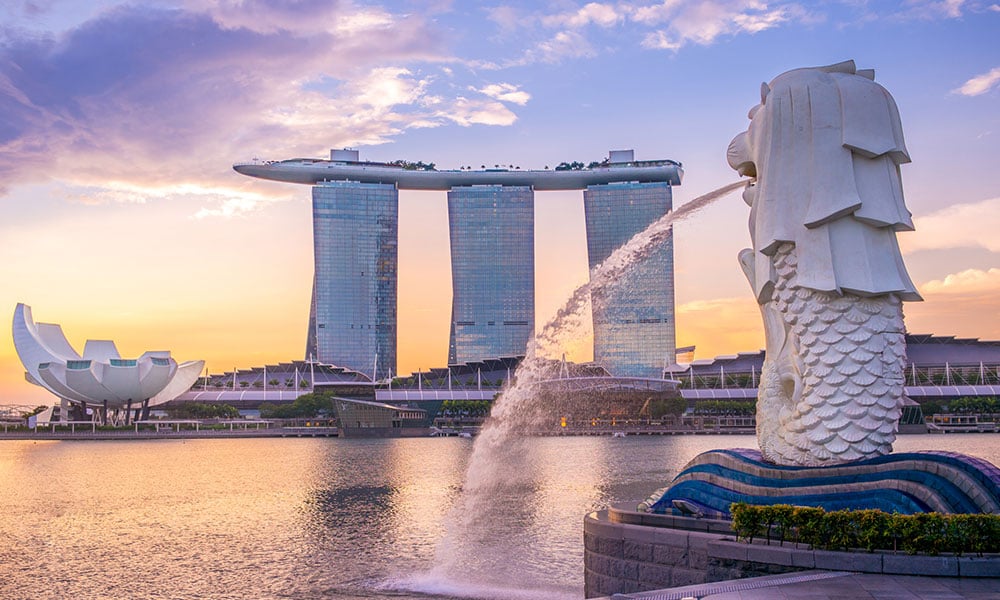
The pandemic may take a year to be resolved, but the economic impact may last even longer, says minister

Singapore’s government yesterday (25 March) revealed enhanced measures to help businesses and employees cope with the impact of COVID-19.
The Supplementary Budget, or ‘Resilience’ Budget is a follow up of Singapore’s annual financial package, with a greater focus on the impact of the ongoing pandemic.
It follows global growth forecasts, like International Monetary Fund’s prediction of a recession that’s “at least as bad as the 2008 global financial crisis”, said Heng Swee Keat, Finance Minister and Deputy Prime Minister.
In his speech, Heng acknowledged that many people have had “to make sacrifices in their lives” and some workers have suffered a loss of income or jobs.
During this downturn, he encouraged businesses to digitalise, restructure and transform, and leverage on various government grants to support their initiatives.
The aim of the enhanced package is to:
HRD summarised some of the initiatives.
Foster culture of social responsibility
The government will co-fund costs when businesses carry out professional cleaning of their premises following a confirmed COVID-19 case.
To build further social and psychological resilience, the minister said Singapore may need to introduce a broader range of measures.
Heng noted that it may sometimes be costly for employers to comply with these measures. This is why the government will provide help, where appropriate, to mitigate the impact and support responsible behaviour.
READ MORE: Budget 2020: New schemes to support wage increases
Enhanced Jobs Support Scheme
The co-funding of wages to increase from 8% to 25% for each local employee. The qualifying wage ceiling is $4,600 – up from $3,600. The scheme will also extend till the end of 2020.
Firms in harder-hit sectors to receive greater support:
Better support for unemployed
COVID-19 Support Grant will help low- and middle-income employees who lose their jobs with a $800 grant per month for three months. A new Temporary Relief Fund will also help families tide through until they’re eligible for other measures.
The government will also be more flexible with applications for ComCare, or financial assistance.
Better support for lower-income workers
Workers in this group will receive a higher payout of $3,000 in cash under the Workfare Special Payment scheme.
READ MORE: MOM updates retrenchment guidelines amid COVID-19
Cash flow: Income tax relief
To ease cash flow for businesses, there will be an “automatic deferment” of income tax payments for companies for three months – April to June 2020. No application is required.
Additionally, employees may approach IRAS if they need help with tax payments.
Cash flow: Property tax relief
For 2020, qualifying commercial properties that have been more badly affected by COVID-19, including hotels, serviced apartments, tourist attractions, shops, and restaurants, will pay no property tax.
Businesses in other non-residential properties such as offices and industrial properties will be granted a property tax rebate of 30% for the rest of the year.
Minister Heng added that NTUC and various unions will also offer employees help with a one-off relief of up to $300 for low to middle income members.
“COVID-19 is a public health crisis, an economic shock, and a social test,” he said.
Singapore must be prepared to take further tougher measures, he added, as the pandemic will take at least a year to be resolved, and the economic repercussions will “last even longer”.
“The months ahead will not be easy, as the situation continues to evolve dynamically and unpredictably,” he said. “[The government] will lead the way in anticipating and responding to developments.”